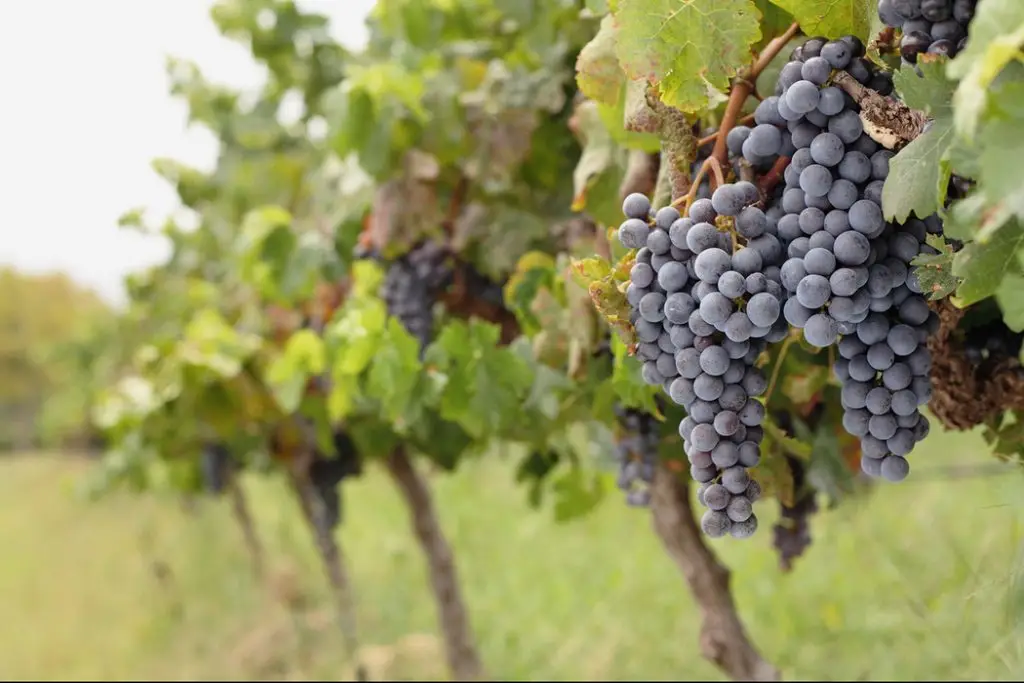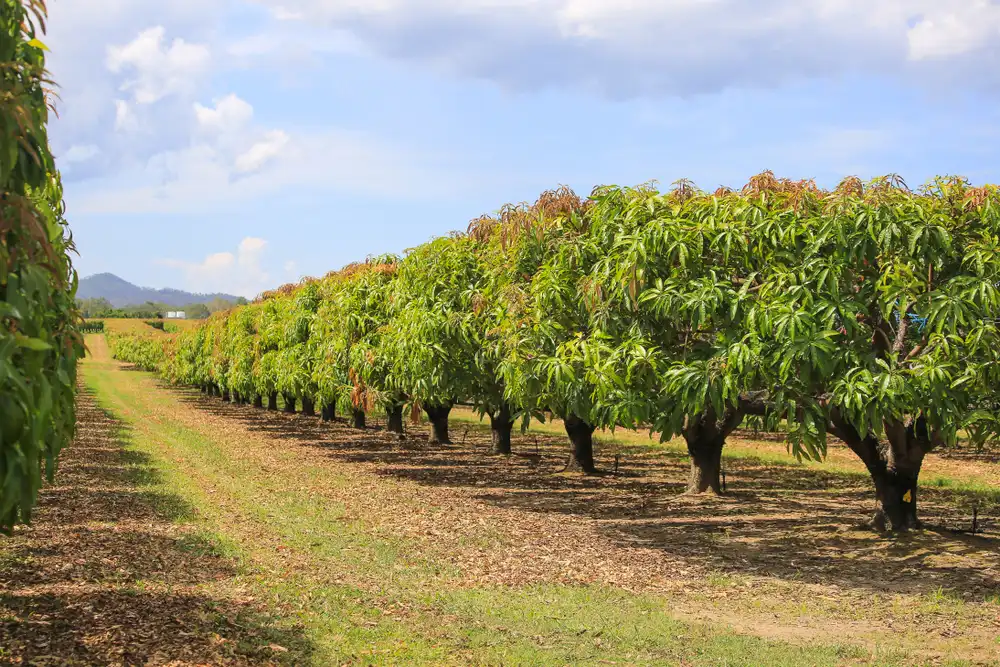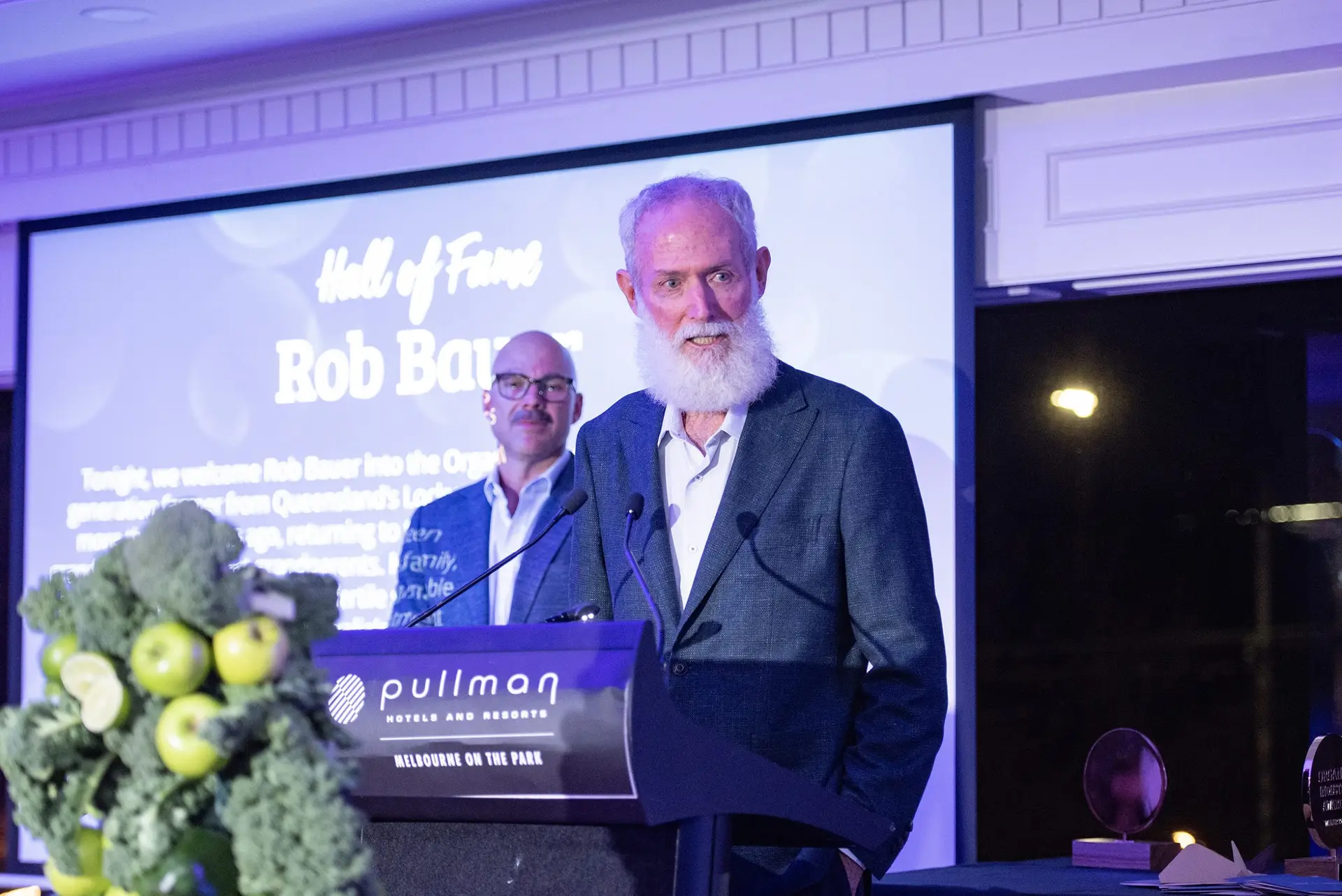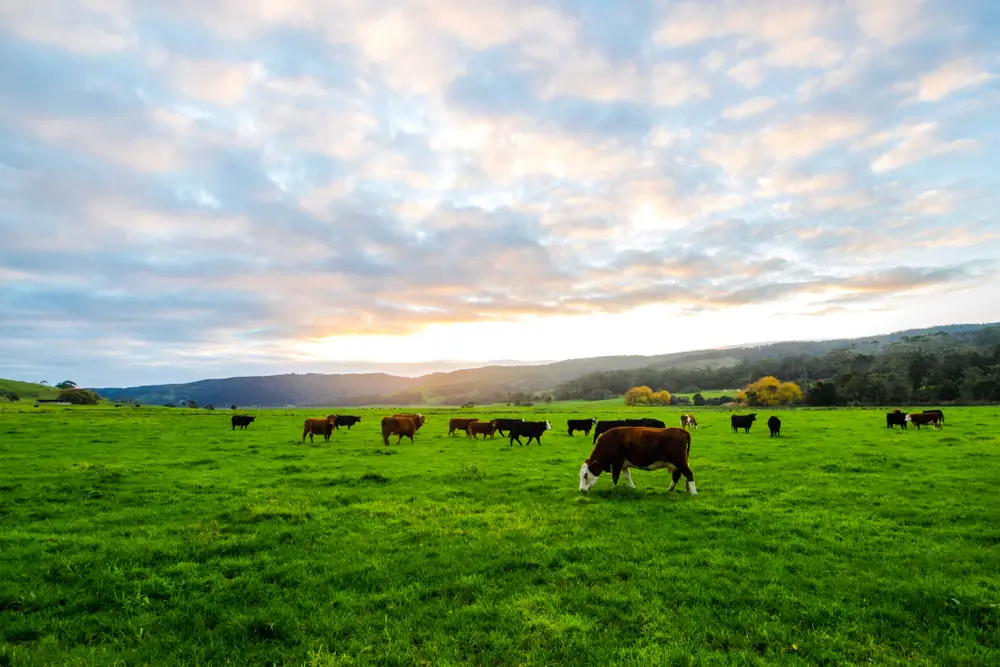A parliamentary report has affirmed the potential of Australia’s organic industry as a driver for export growth in the Southeast Asia region, putting forward an unprecedented range of recommendations to support our nation’s organic operators with market access.
The ‘Trading North’ report follows the House of Representatives Standing Committee on Agriculture’s Inquiry into the role of Australian agriculture in Southeast Asian Markets, which emphasised the strategic and economic importance of the region to Australia.
Southeast Asia offers a rapidly growing market for premium organic products, driven by middle-class growth and health-conscious consumers. Australia’s organic industry is well-placed to service this need, with the nation home to 53 million hectares of certified organic farmland, approximately 60 per cent of all organic land worldwide.
Despite this, regulatory barriers around organics in Australia have often prevented our producers from fulfilling their potential in the Southeast Asia region.
A lack of federal government regulation over the term “organic” for domestic sales in Australia is a leading concern. While there is a regulated export standard for sending products overseas, some countries do not recognise this standard in the absence of regulation for our domestic market. This means that Australian operators looking to reach specific Southeast Asian markets must undertake a costly and complex process to get certified in accordance with the organic standards of that region.
Speaking at the public hearings of the Standing Committee’s Inquiry in October, Organic Milk Company CEO Ryan Reynolds spoke of his previous experiences trying to obtain entrance to the Korean market as an example of what can happen when standards do not align.
“We spent almost two-and-a-half years trying to get all our suppliers, all 35 farmers, and factories certified to the Korean standard only to uncover that there wasn’t an opportunity to be able to do that because of some of the barriers regarding inputs that we couldn’t get through,” Mr Reynolds told the committee.
“It’s a real challenge for industry and particularly in my industry, dairy.”
The Inquiry report supports the need for regulatory overhaul, identifying gaps in Australia’s domestic regulatory framework as a key obstacle to trade. Key recommendations pertaining to organics are listed below.
Key Findings of the Inquiry
- Regulatory Improvements: The inquiry highlights the need for harmonisation between Australian and international organic standards and regulatory oversight.
- Enhanced Resources: Expansion of the Manual of Importing Country Requirements (MICOR) and Austrade platforms to offer detailed guidance tailored to organic exporters.
- Targeted Financial Support: Organic-specific grants to enable operators to enter Southeast Asian markets effectively.
- Targeted Ongoing Budgetary Support: Funding in future budgets to improve resources available for the organic industry.
- Trade Support and Market Entry Assistance: Appointment of a dedicated organic trade officer to guide operators through complex SE Asian market requirements.
Recent progress has been made on organic regulatory improvements, with the National Organic Standard Bill 2024 read into the Senate on 19 November and scheduled to be debated in February 2025. If passed, the Bill will introduce mandatory regulations around the sale of organic products in the domestic market.
Jackie Brian, CEO of industry peak body Australian Organic Limited, said the report’s recommendations were an unprecedented show of support for Australia’s growing organic industry.
“This inquiry has brought much-needed attention to the barriers facing organic exporters and offers practical solutions for overcoming them, laying the groundwork for a more streamlined export process,” Ms Brian said.
“The introduction of the National Organic Standard Bill 2024 in the Senate last week complements these recommendations by addressing the need for a unified national organic standard. While the Bill is not directly tied to this Inquiry’s outcomes, its provisions align with the committee’s call for stronger oversight to support trade growth.”
The report into the Standing Committee on Agriculture’s Inquiry can be read in full here. Full text and an explanatory memorandum for the National Organic Standard Bill 2024 are also available via this link.
Media enquiries:
Matt Wordsworth – [email protected] – 0404 029 241
Tim Vetter – [email protected] – 0439 681 793





